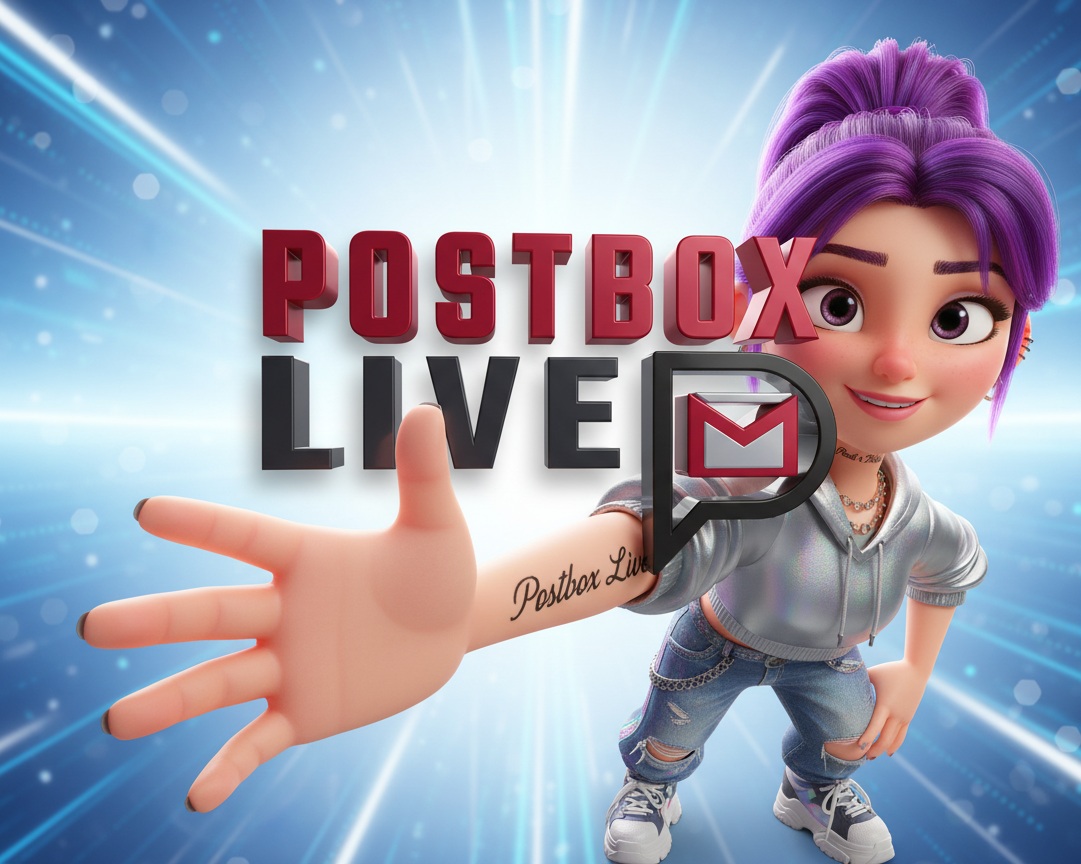You Can Use Your Data to Train AI
Zuckerberg’s Controversial View
Mark Zuckerberg claims individual creators overvalue their content and defends using public data to train AI. Discover what this means for content owners, copyright law, and the future of AI.
The Data Dilemma in AI Training
AI models like ChatGPT, Google Gemini, and Meta’s LLaMA require enormous datasets to learn and generate responses. These datasets are often scraped from the open web, pulling information from websites, books, articles, and other publicly accessible sources.
However, the legality and ethics of this practice are being challenged. Artists, journalists, and authors have filed lawsuits, claiming their copyrighted work was used without permission to train these models. Despite this, tech executives continue to defend their methods.
Zuckerberg’s Position: Content is Overrated
Zuckerberg downplayed the importance of individual contributions, arguing that if a writer or creator opts out of data scraping, “we just wouldn’t use their content.” He suggested that omitting individual contributions wouldn’t significantly impact the performance of AI models.
To many, this view seems dismissive. Critics argue that such remarks overlook the time, skill, and originality involved in content creation. Moreover, this perspective assumes AI can thrive without respecting the rights and voices of the very individuals it learns from.
The Fair Use Argument
Tech companies often defend their data scraping under the U.S. legal principle of “fair use,” which allows limited use of copyrighted material without needing permission. OpenAI CEO Sam Altman previously told lawmakers that creators should feel fortunate that their work helps improve AI, promising eventual benefits in return.
Similarly, Microsoft AI CEO Mustafa Suleyman went even further, stating that content on the open web should be considered “freeware.” This claim contradicts current copyright law, which maintains that intellectual property remains protected regardless of its availability online.
Meta’s History of Avoiding Payments
Zuckerberg’s stance aligns with Meta’s previous actions. When countries like Canada or Australia proposed legislation requiring platforms to compensate news outlets for link sharing, Meta retaliated by banning those news sources from its platforms.
“We pay for content when it’s valuable to people,” Zuckerberg told The Verge. He clarified that Meta won’t pay for content it doesn’t find valuable, and he anticipates AI models will reflect a similar attitude.
This creates a troubling double standard. While Meta and other companies profit from training models on existing content, they resist fairly compensating the creators whose work made that training possible.
What It Means for Creators and Publishers
Zuckerberg’s remarks shine a light on a growing rift between content creators and AI developers. Content creators believe their intellectual property deserves compensation. Tech companies, on the other hand, argue that the sheer scale of the internet dilutes the value of individual contributions.
This philosophical clash has practical consequences. If AI companies continue to scrape data without consent and avoid compensation, creators may reduce what they publish or look for better protections through legal means.
Legal Battles and Future Regulations
The flood of lawsuits from copyright holders will likely shape the future rules around AI training. Governments may step in with stricter data protection laws or clarify how fair use applies to machine learning.
Zuckerberg even acknowledged that the legal boundaries are blurry: “All these things are going to need to get relitigated and rediscussed in the AI era.” Until then, companies like Meta will keep pushing the limits of what’s permissible, hoping to shape future regulation in their favour.
The Ethical Responsibility of Big Tech
Beyond legality, there’s an ethical responsibility that companies like Meta, OpenAI, and Microsoft must uphold. Using someone else’s labour without permission or minimising its value undermines the trust and integrity that responsible innovation requires.
Zuckerberg’s views may reflect current trends in Silicon Valley, but they also risk alienating the very creators whose content makes AI possible. Without trust and collaboration, the divide between creators and developers will only widen.
Conclusion: Who Owns the Internet’s Intelligence?
Zuckerberg’s message is clear: if your data is public, don’t expect to control how it’s used. But creators and publishers aren’t backing down. As AI continues to evolve, so will the conversation around ownership, rights, and the value of digital labour.
For now, the battleground is set between creators seeking fair compensation and tech giants racing to dominate AI’s future.

